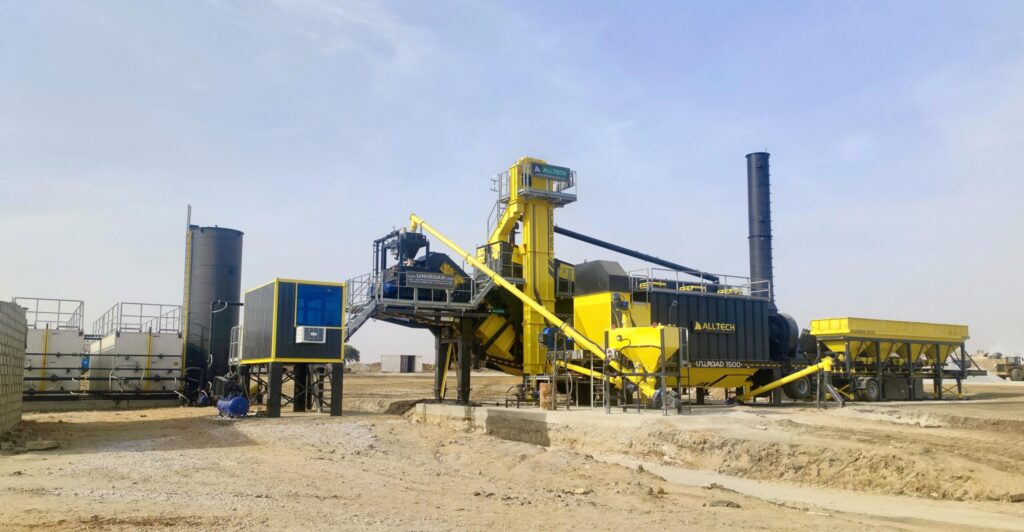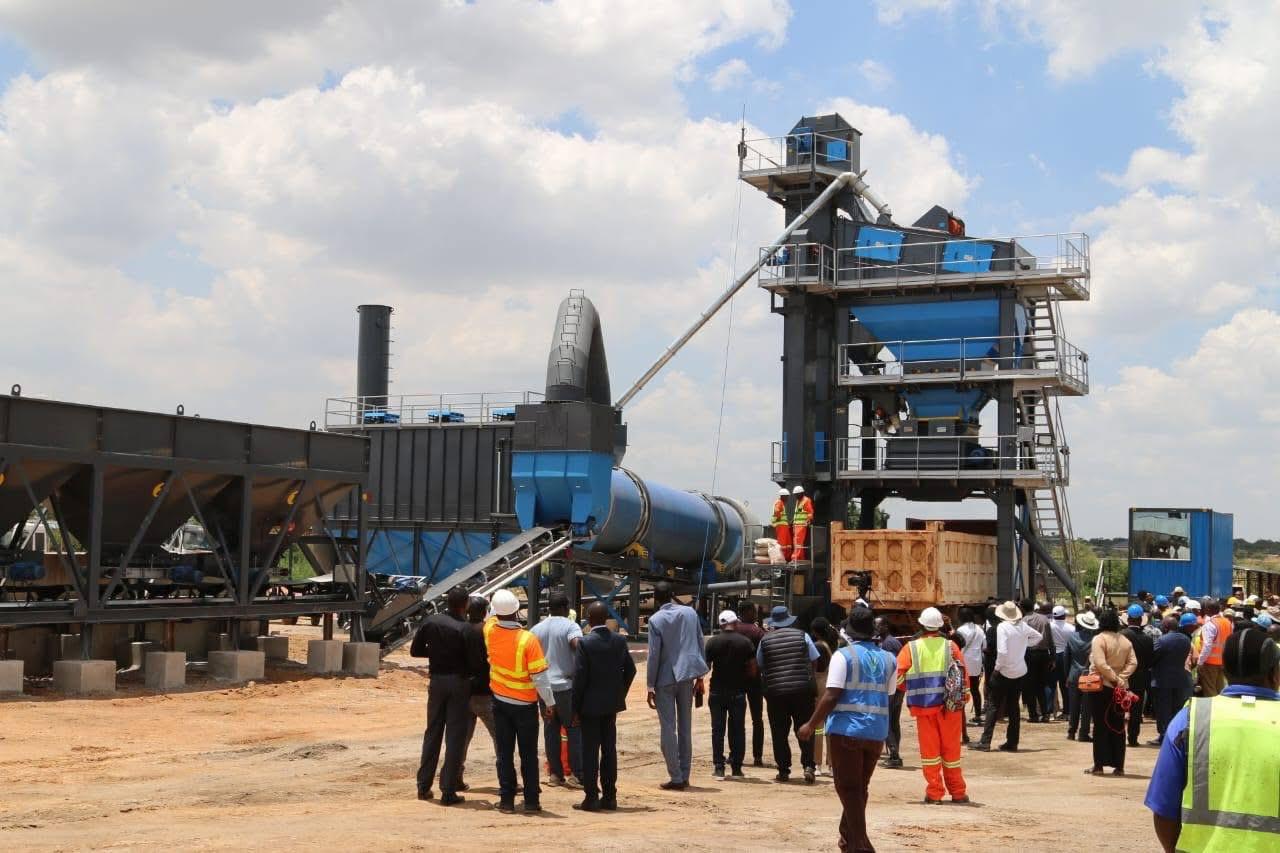
In today’s fast-paced world of infrastructure and road development, mobile solutions are becoming more crucial than ever. One such innovation that has transformed the construction industry is the mobile asphalt batch mix plant. Designed to be easily transported and installed across multiple job sites, this equipment offers unmatched flexibility, faster project execution, and cost efficiency. For contractors, project managers, and developers looking to improve their operations, understanding the benefits and functionality of mobile batch mix plants can be a game-changer.
What is a Mobile Asphalt Batch Mix Plant?
A mobile asphalt batch mix plant is a portable version of the traditional asphalt batch plant. It is designed to mix raw materials like aggregates, bitumen, and filler in controlled batches to produce high-quality hot mix asphalt. What makes it stand out is its modular design, which allows it to be mounted on trailers or skids and relocated with ease. This mobility makes it the ideal solution for projects in remote areas or locations that require temporary setups. From highway construction to rural roads and airport runways, mobile plants bring the entire asphalt production process directly to the project site, saving time and money.
How Does a Mobile Asphalt Batch Mix Plant Work?
The working mechanism of a mobile asphalt batch mix plant closely mirrors that of a stationary plant. First, cold aggregates are stored in separate bins and transported via conveyor belts to the drying drum. Inside the drum, the aggregates are heated and dried. Once heated, the materials are passed through vibrating screens, which separate them by size and store them in different hot bins.
A computerized control system then weighs the precise amount of each material, including bitumen and filler, and sends it to the mixing unit. There, the ingredients are thoroughly mixed to create high-quality asphalt. The final product is either discharged directly into trucks or temporarily stored in a silo, ready for use. Thanks to automation, operators can monitor and adjust the entire process in real-time, ensuring consistent quality with every batch.
Key Advantages of Using a Mobile Asphalt Batch Mix Plant
1. Portability and Fast Setup
One of the most significant advantages of mobile asphalt plants is their portability and fast setup time. These plants can be transported and installed within just a few days, which drastically reduces downtime between projects. This is especially beneficial for contractors handling multiple short-term projects or working in locations with limited infrastructure.
2. On-Site Asphalt Production
Producing asphalt directly on-site eliminates the need to transport hot mix from a distant plant. This not only cuts transportation costs but also ensures that the asphalt is fresh and at the right temperature when laid. It helps in avoiding delays caused by traffic or distance.
3. Superior Quality Control
Because the mixing is done in batches, operators can precisely control the mix design, adjust the proportions as needed, and ensure uniformity across every load. This results in better durability and long-lasting road surfaces.
4. Cost Efficiency
By reducing dependency on third-party suppliers and minimizing transport and logistics, contractors can lower their overall project costs while improving timelines and outcomes. Over time, mobile plants can lead to significant savings.
5. Environmental Compliance
Most modern plants are equipped with pollution control devices such as dust collectors, noise reduction systems, and energy-efficient burners. This makes them suitable for use in environmentally sensitive zones or urban areas with strict regulations.
6. Customization and Automation
Many mobile plants can be customized with features like Reclaimed Asphalt Pavement (RAP) systems, bitumen storage tanks, and advanced automation tools. This gives contractors the flexibility to meet specific project requirements and improve operational efficiency.
Ideal Applications of Mobile Asphalt Batch Mix Plants
Mobile asphalt batch mix plants are perfect for a variety of construction and repair jobs, especially where time and mobility are critical. These include:
- National and state highway construction
- Rural and village road development
- Airport runways and industrial parks
- Municipal road repair and maintenance
- Border area and defense infrastructure projects
- Emergency or time-sensitive contracts
Their versatility makes them a top choice for government and private contractors alike.
Maintenance Tips for Long-Term Performance
To keep a mobile asphalt batch mix plant running smoothly and to extend its operational life, regular maintenance is key. This includes:
- Performing routine inspection and cleaning of the drying drum, burner, filters, and mixer.
- Ensuring proper calibration of the weighing systems.
- Using high-quality raw materials to avoid unnecessary wear and tear.
- Providing operator training on control panels, automation, and safety systems.
- Keeping essential spare parts in stock to avoid delays in case of a breakdown.
Why Mobile Asphalt Plants Are Gaining Popularity
As infrastructure projects grow and demand faster delivery, construction companies are looking for equipment that is not only efficient but also adaptable. Mobile asphalt batch mix plants help contractors stay on schedule, cut costs, and maintain high standards of quality, all while moving from one site to another with ease.
Additionally, government initiatives and public-private partnerships often favor contractors who can execute projects quickly and independently, further increasing the demand for portable asphalt solutions.
Conclusion: A Smart Investment for Modern Road Builders
A mobile asphalt batch mix plant is more than just equipment—it’s a strategic asset. It offers speed, quality, cost savings, and operational flexibility that are essential in today’s competitive road construction industry. Whether you’re working in urban zones or remote terrains, investing in a mobile plant can dramatically enhance your project efficiency and profitability.





